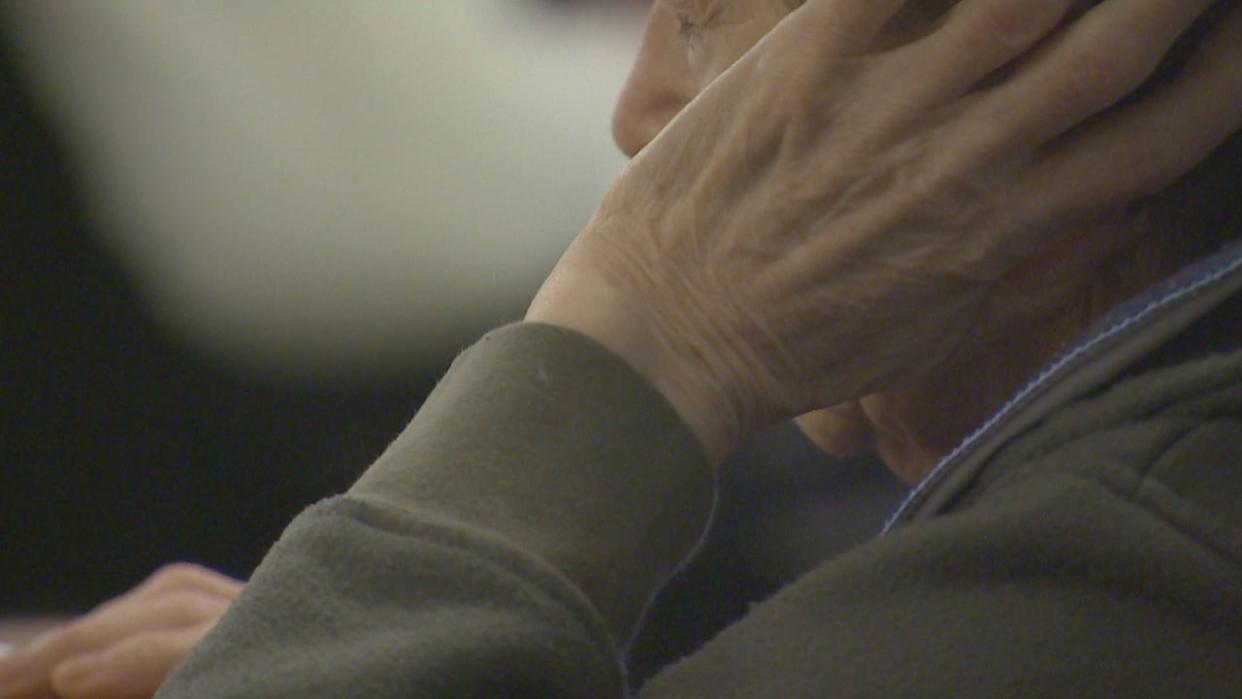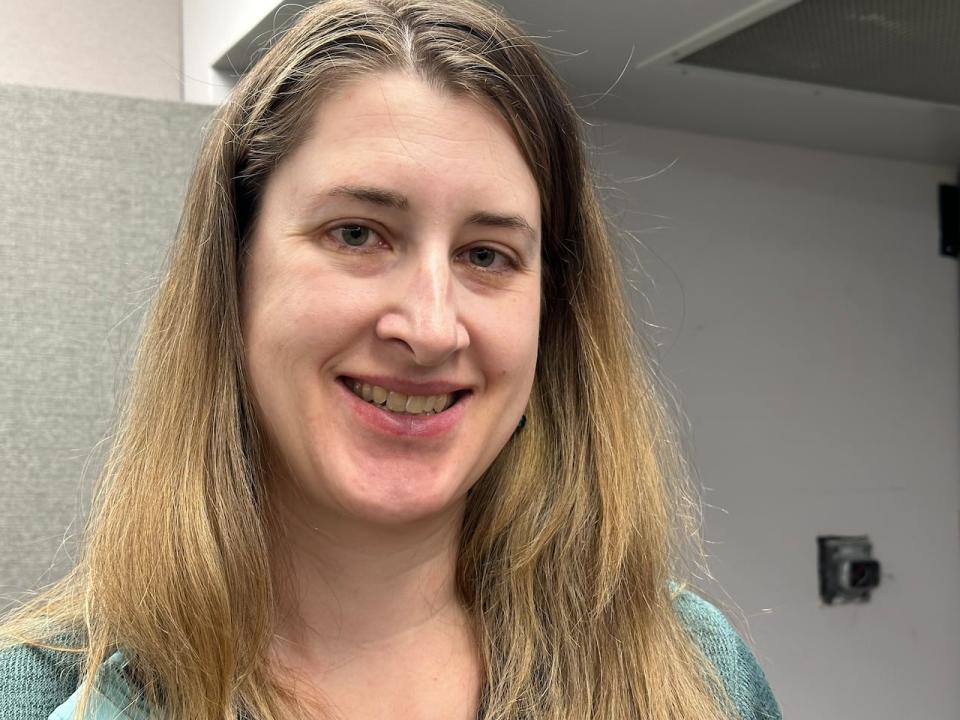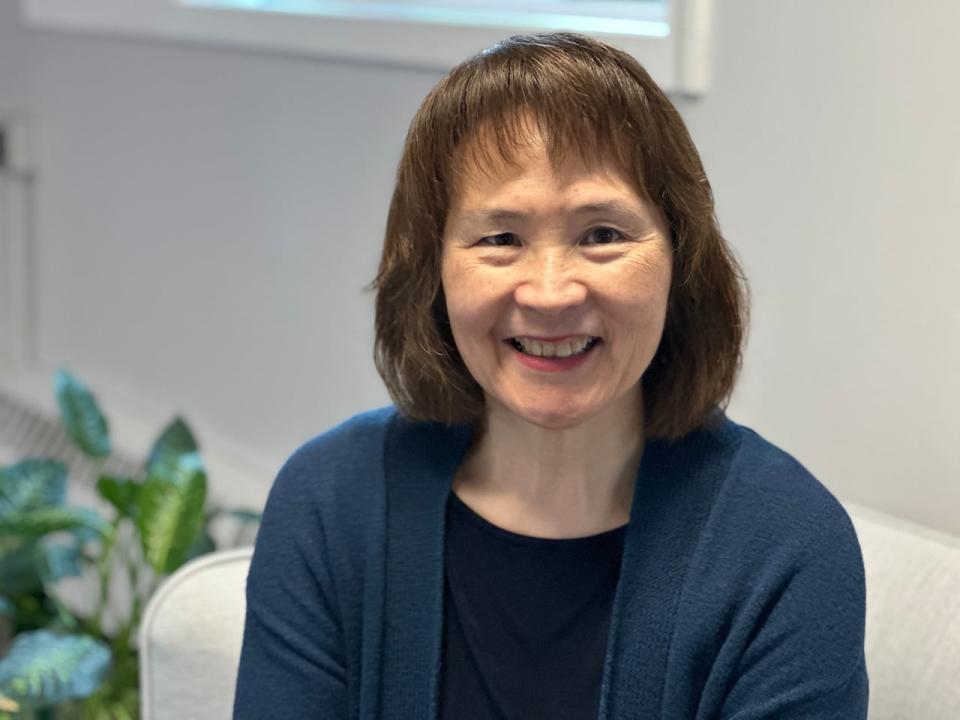Dementia specialist hopes to establish clinic in the Yukon

A dementia specialist from Ontario was in the Yukon this week, running workshops for local physicians and talking about potentially opening a specialized dementia clinic in Whitehorse.
Dr. Linda Lee's visit follows a series of meetings with Dr. Christine Miller, a Yukon physician who specializes in care of the elderly, about increasing the territory's capacity to treat dementia patients.
According to Miller, the number of Canadians with dementia is on the rise, and so is the Yukon's aging population. Fifteen percent of the territory is over 65 — with 6,000 Yukon seniors counted in the 2021 census — and between seven and 13 per cent of those seniors are statistically likely to have dementia.
The rise is at odds with the territory's medical capacity, as Miller says few Yukon doctors feel comfortable managing dementia.
While most doctors can diagnose the disease, few are experienced in further geriatric care, such as neuroimaging and symptom management, she said.

'We have this huge area of community patients that are overlooked,' said Dr. Christine Miller, a Yukon physician. (Cheryl Kawaja/CBC)
"Right now, we don't have access to specialized geriatric services of any kind," Miller said. "So, we have this huge area of community patients that are overlooked."
Dementia clinic discussed
Lee is a renowned dementia specialist from Ontario. Her MINT Memory Clinic model includes a dementia care training program and there are now more than 100 such clinics across Canada.
"The hope is that, soon, we can develop a full MINT clinic here," Lee told CBC on Tuesday.
She said her colleagues at the Schlegel-UW Research Institute for Aging are working on cultural adaptations of the training material — an important first step toward providing care in a new place.
MINT clinics provide a "shared care" model connecting patients, families, and physicians with geriatricians, neurologists and other specialists.

Dr. Linda Lee, a renowned dementia specialist, said the hope is to develop a full MINT clinic in Whitehorse. (Cheryl Kawaja/CBC)
"Every visit is about the person that has memory problems as well as their family members, because it's always more than one person that's affected, and it's ongoing," Lee said.
Miller said she's already received positive feedback from local physicians about the idea. It'll allow family doctors to refer patients for more comprehensive assessments than they can conduct during a 15-minute appointment.
Creating capacity for early diagnosis can help seniors receive preemptive care for disease precursors, such as mild cognitive impairment, before they progress to dementia. Lifestyle changes such as the Mediterranean diet, social networking, and cognitive stimulation have been shown to reduce dementia risk according to early research, Lee explained.
There are also options for medications if the disease does progress.
"There's lots we can do," Lee said.

 Yahoo News
Yahoo News 
